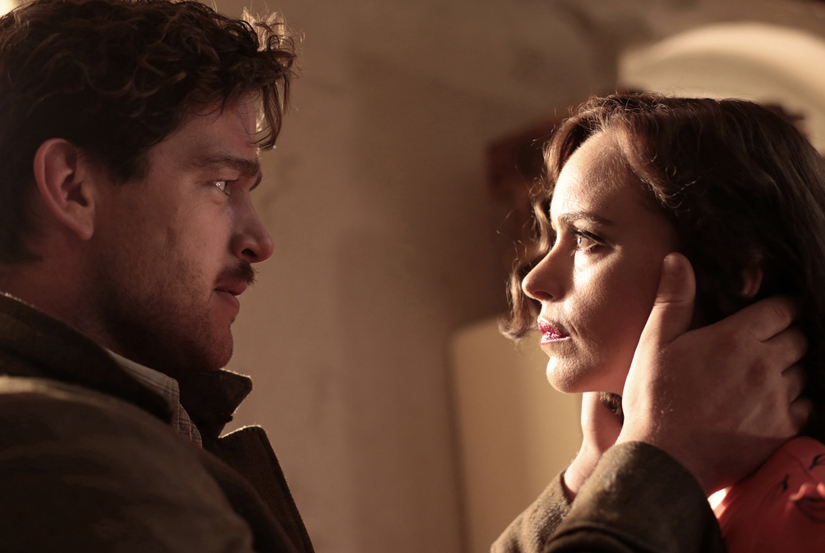
- Film
Foreign Film Submissions, 2015: Phoenix (Germany, Poland)
Part of the Hollywood Foreign Press Association’s mission is to foster greater understanding through world cinema. This year 72 Foreign Language films were submitted for Golden Globes consideration. Here is an overview of one of them.
A spellbinding mystery of identity, illusion, and deception unfolds against the turmoil of post-World War II Germany in the new film from acclaimed director Christian Petzold (Barbara, Jerichow). In 1945 Berlin, Nelly (Nina Hoss), a German-Jewish ex-nightclub singer, has survived a concentration camp. But, like her country, she is scarred, her face disfigured by a bullet wound. After undergoing reconstructive surgery, Nelly emerges with a new face, one similar but different enough that her former husband, Johnny (Ronald Zehrfeld), doesn’t recognize her. Rather than reveal herself, Nelly walks into a dangerous game of duplicity and disguise as she tries to figure out if the man she loves may have been the one who betrayed her to the Nazis.
Submerged in shadowy atmosphere and the haunted mood of post-war Berlin, Phoenix weaves a complex, Hitchcockian tale of a nation’s tragedy and a woman’s search for answers as it builds towards an unforgettable, heart-stopping climax. "One text had a major influence on our preparations,” states Petzold, “Ein Liebesversuch (An Experiment in Love) by Alexander Kluge. That story is set in Auschwitz. The Nazis are looking through peepholes into sealed room. They're observing a couple that, according to their records, used to be passionately in love. The Nazi doctors are trying to revive this love: they want the couple to sleep with each other. The goal is to establish whether the woman has been successfully sterilized. They try everything: champagne, red light, spraying them with ice-cold water – thinking that the need of warmth might drive them together again. But nothing happens – the two of them don't look at each other. In a strange way the Nazi doctors' failure is a victory for love: a love lost that can't be rekindled by these criminals. I think that was the most significant text for us. Is it possible to leap back over the deep, nihilistic chasm torn by National Socialists and the Germans, and to reconstruct things: emotions, love, compassion, empathy – life? Nelly (main character in the film) doesn't accept stories, songs, poems claiming that love is no longer possible. She wants to turn back time. I'm interested in people who don't accept something and, in doing so, are defiant and stubborn".
Serge Rakhlin

